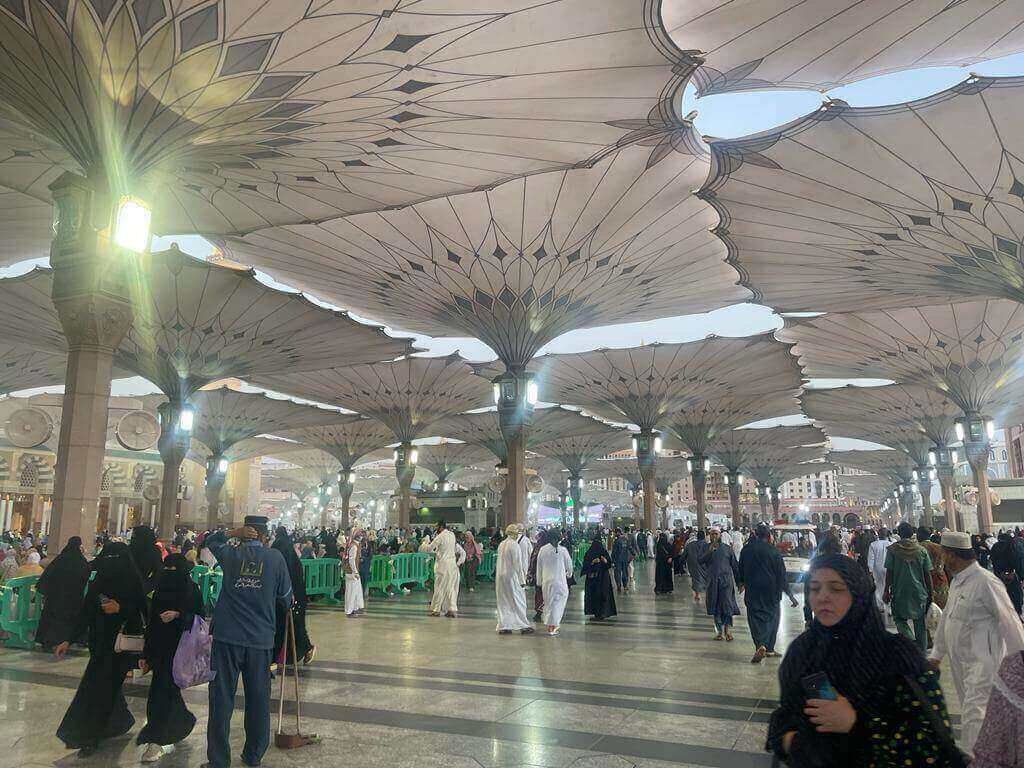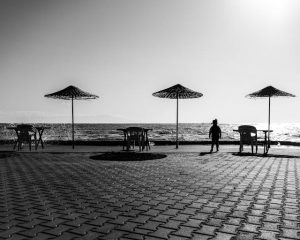The essence of performing Hajj, the Islamic pilgrimage to Mecca, holds deep spiritual and religious significance for Muslims around the world. It is considered one of the Five Pillars of Islam and is an obligatory act for physically and financially capable Muslims to undertake at least once in their lifetime.
- Fulfilling Religious Duty: Hajj is a religious obligation for Muslims and completing this pilgrimage is an act of obedience to Allah’s command. It demonstrates a Muslim’s commitment to their faith and their willingness to submit to the will of God.
- Unity and Equality: Hajj brings Muslims from all walks of life, different cultures, and various nationalities together in one place, fostering a sense of unity and equality. Regardless of their social status or wealth, all pilgrims are required to wear simple white garments known as Ihram, which symbolizes equality and the stripping away of material differences.
- Following in the Footsteps of Prophets: Hajj is deeply rooted in the history of Islam and serves as a way to retrace the footsteps of the Prophet Muhammad and other prophets, such as Ibrahim (Abraham) and Ismail (Ishmael). Pilgrims visit the Kaaba, the sacred house of worship built by Prophet Ibrahim, and perform rituals that have been followed for centuries.
- Spiritual Purification and Renewal: Hajj is a transformative journey that provides an opportunity for Muslims to purify their souls, seek forgiveness for their sins, and strengthen their relationship with Allah. It is believed that sincere repentance and supplication during Hajj can lead to spiritual renewal and a fresh start.
- Testing and Patience: Hajj involves physically demanding rituals, crowded conditions, and challenges that test the patience and perseverance of the pilgrims. Enduring these hardships with patience and humility is seen as a means of self-discipline and personal growth.
- Seeking Forgiveness and Mercy: The rituals of Hajj, such as Tawaf (circumambulation) around the Kaaba and standing at the plain of Arafat, are acts of worship and devotion. Muslims believe that sincere acts of worship during Hajj can lead to the forgiveness of past sins and a renewed closeness to Allah.
- Community and Brotherhood: Hajj is an occasion where millions of Muslims gather from all corners of the globe. The shared experience of the pilgrimage creates a sense of community and brotherhood, breaking down barriers of race, nationality, and social status. Muslims are encouraged to interact with and help one another during Hajj, fostering a spirit of compassion and unity.
Overall, the essence of performing Hajj lies in the spiritual journey of self-discovery, seeking forgiveness, and strengthening one’s relationship with Allah. It is a time for reflection, personal growth, unity, and submission to the will of God.






